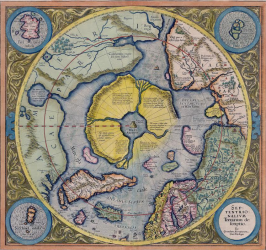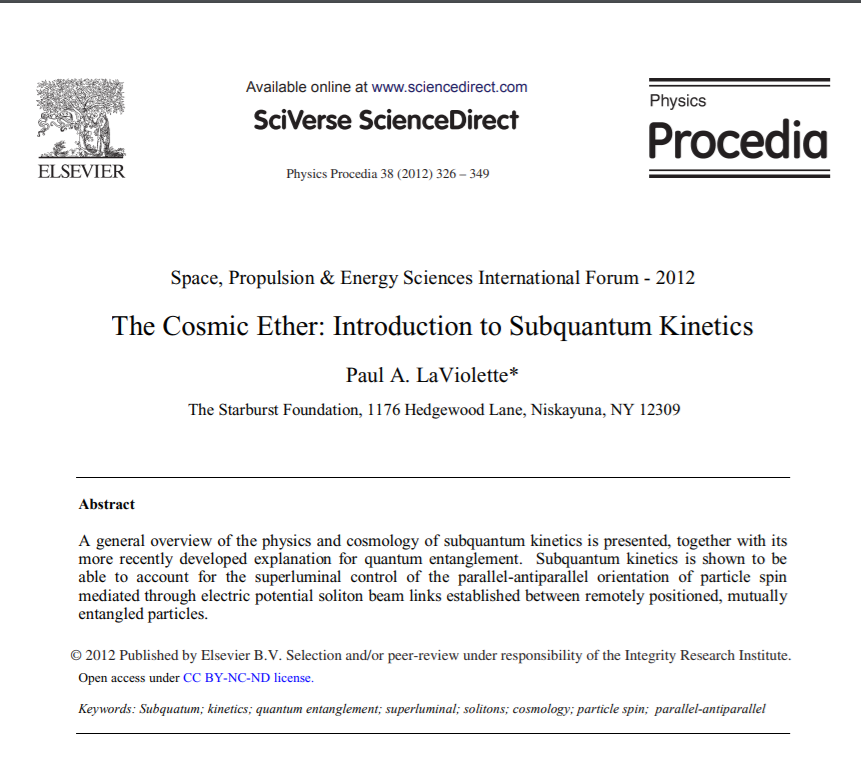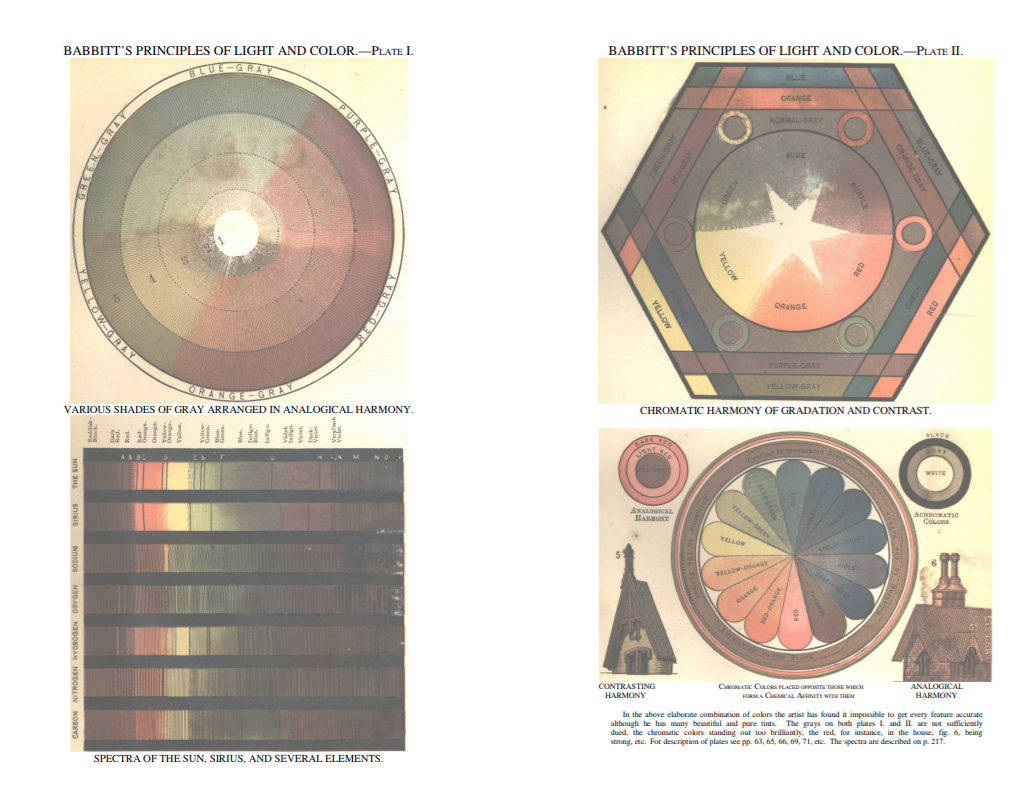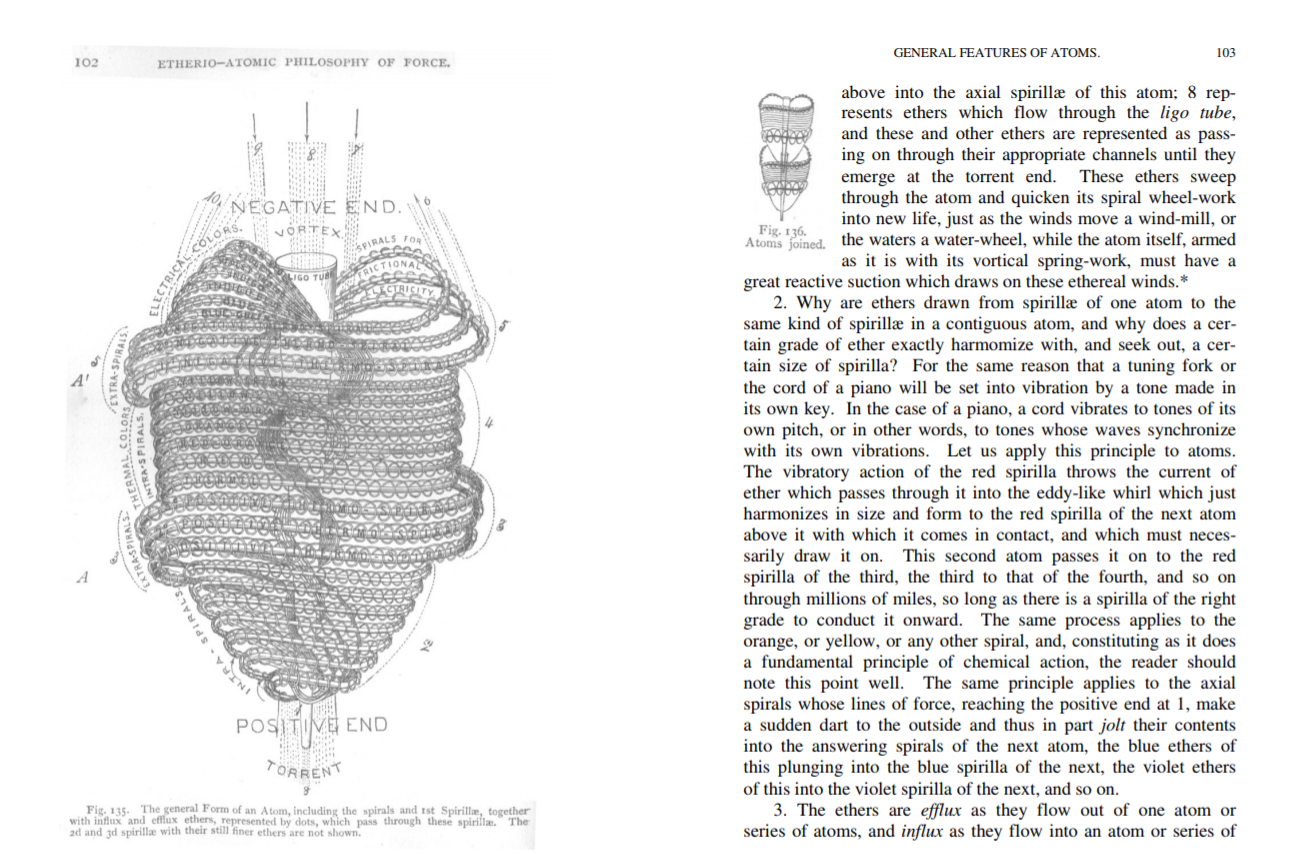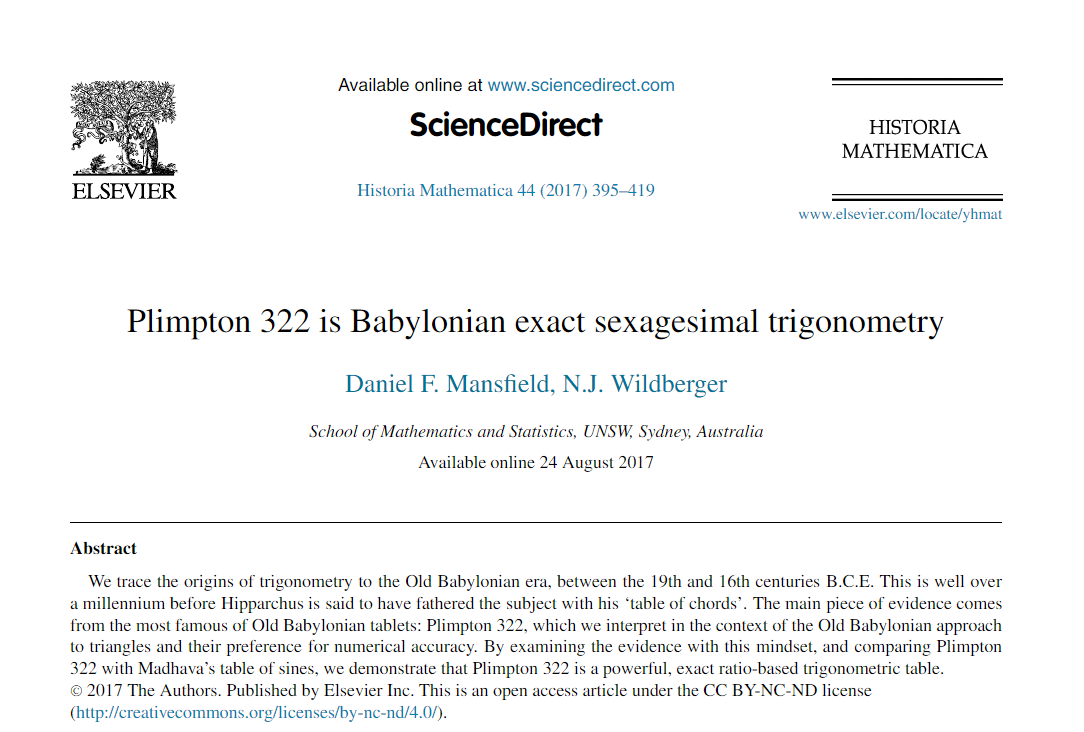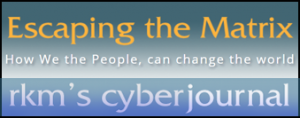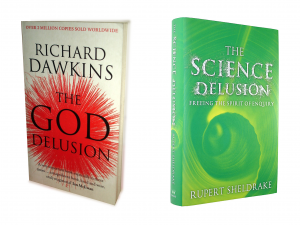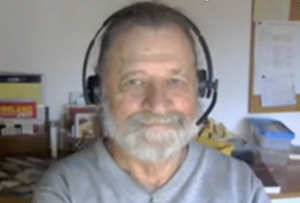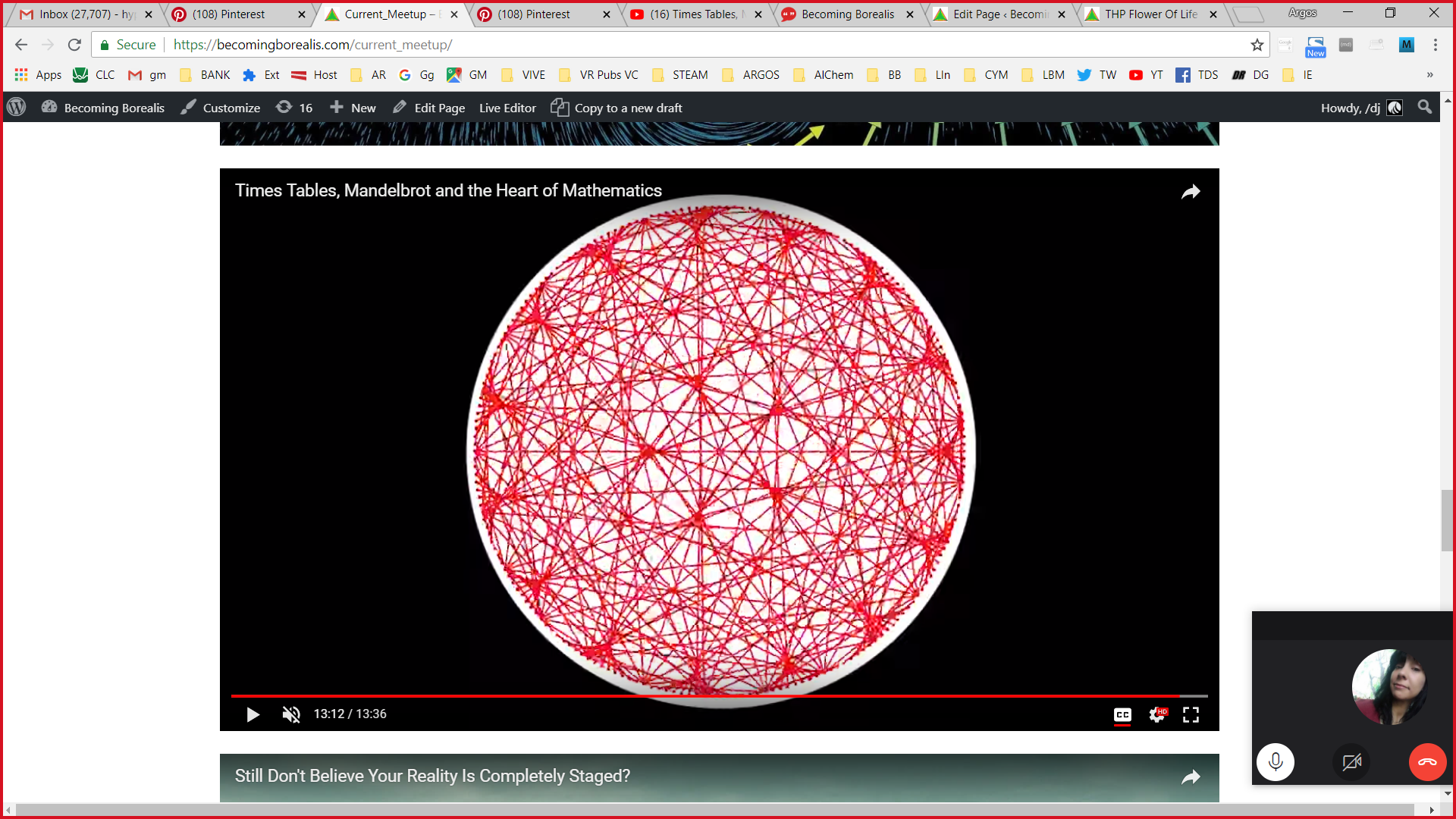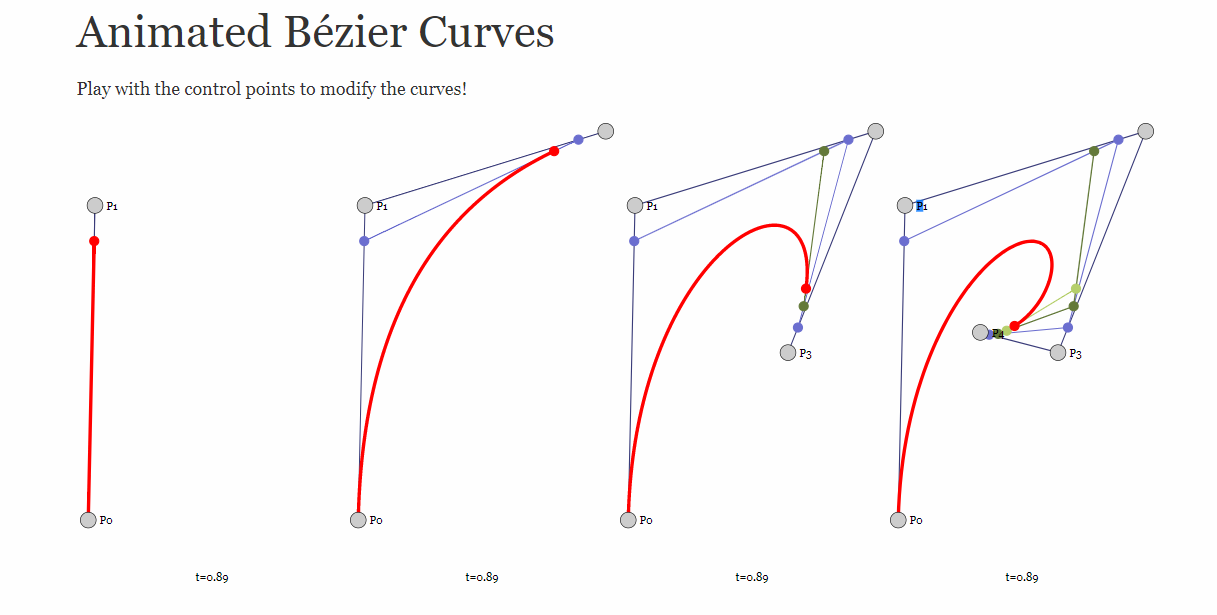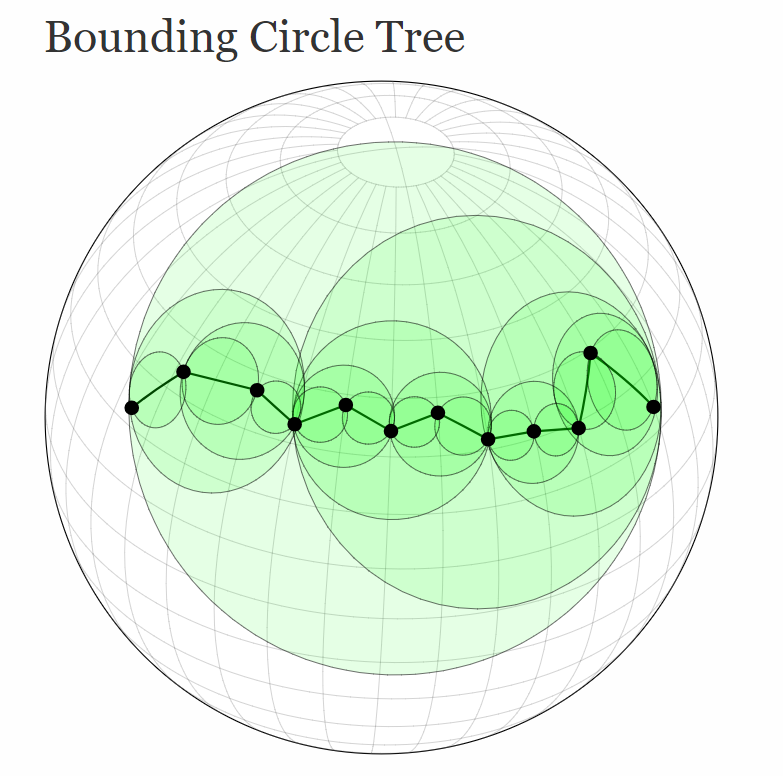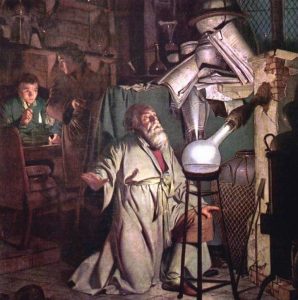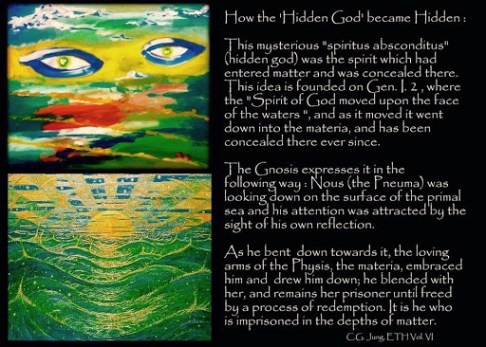Rupert Sheldrake – Why Is There So Much Beauty In the World?
https://youtu.be/iGZLyR-mBj0
Babylonian Exact Sexagesimal Trigonometry
Richard Moore : A Field Model of Mind
a speculative inquiry into the nature of consciousness

Materialism and consciousness
At the very core of mainstream science is the assumption that the universe is entirely materialistic. Consciousness emerges as a function of the electrial activity of a brain, when a brain evolves to a sufficient level of complexity. There is no meaning or purpose to life, apart from the imaginings of humans and their religions – there is only the more or less random evolution of material configurations. Richard Dawkins is the most vocal and prolific expounder of this materialist perspective, a perspective that mainstream scientists subscribe to without ever thinking to question it.
There is another model of consciousness that says consciousness is not embodied in the brain. Rather our minds exist apart from our brains, and outside the domain of physics. The function of the brain, in this model, is to serve as a kind of interface module, enabling the mind to interact with the five senses and the body. This we can call the metaphysical model of consciousness.
Evidence for the metaphysical model comes in the form of ‘unexplainable’ experiences. An unconscious patient, registering no electrical brain activity at all during a critical operation, reports later that he observed the operation from the ceiling, and is able to describe specific things that happened during the operation. Or someone has a near-death experience, and reports certain kinds of experiences that have also been reported in other near-death cases.
Heather, Richard And David Discuss Circular Times Tables, The Enneagram and the Creative Process
049 EU Meetup September 11th, 2018
Carl Jung: The Attitude which the Art Demands from its Adepts
It had a soul which lay in the darkness and it was their task to seek it there
Lecture III 16th May, 1941
In the last lecture we began considering the evidence, which is to be found in the writings of the old masters, as to the attitude which the art demands from its adepts.
We will continue this subject today.
The next passage is from the “BOOK OF KRATES, a text which has come to us through the Arabs, but which, judging by its subject matter, certainly dates back to Alexandrian times.
There is a dialogue between an adept and an angel.
Such dialogues are by no means rare in the alchemistic literature, the philosophical content is often depicted in the form of conversations.
There is even a famous classic, the “Turba philosophorum”, which is written in the form of a supposed meeting of all the old Greek philosophers to discuss the secrets of the art.
In our passage from the “Book of Krates” it is an angel who is interviewed by an “artifex” (an artist) , that is, by a philosopher who, we are told, was a “pneumatikos” (a spiritual man).
Continue reading “Carl Jung: The Attitude which the Art Demands from its Adepts”

